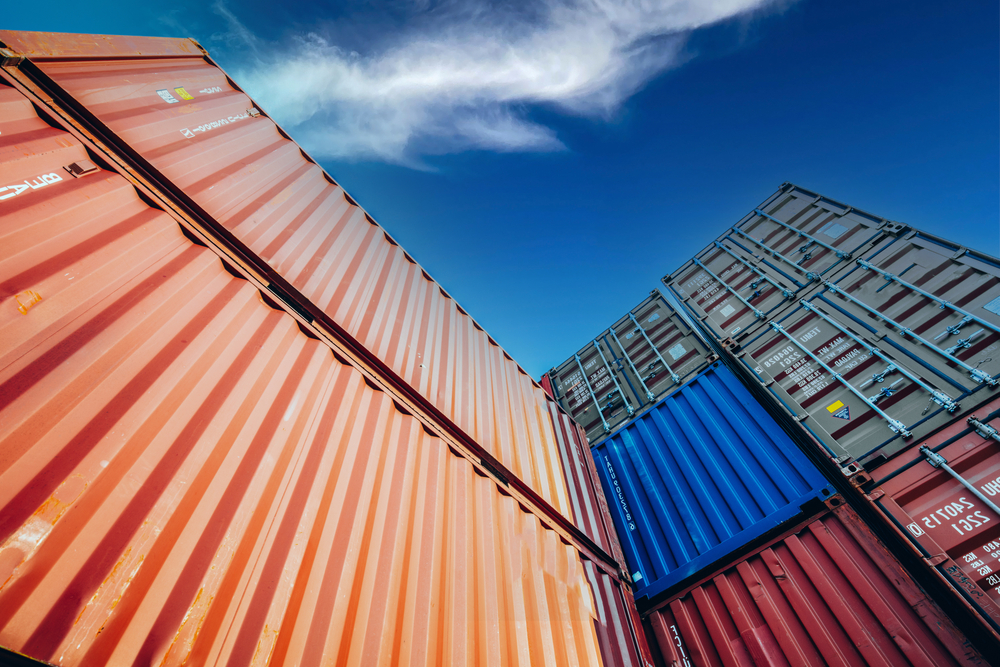Market Outlook: More Uncertainty Ahead
Executives at the 2025 FTR Transportation Conference in Indianapolis painted a sobering picture for the trucking industry. Despite hopes for recovery after years of freight recession, most analysts and carriers now expect 12 to 18 more months of challenges.
Fleet executives say capacity remains stubbornly high while demand is relatively flat. This imbalance has left freight rates sluggish despite steady volumes, creating uncertainty for both carriers and shippers.
Werner Enterprises Senior Vice President Matt Parry said, “It’s going to be a bumpy next 12 to 18 months,” though he noted that the 2025 holiday shipping season could provide some temporary relief.
Overcapacity and Margins Under Pressure
Bay and Bay Transportation CEO Sam Anderson highlighted rising costs, which have grown more than 5% annually over the past three years. While rates have inched upward, they remain insufficient to offset inflation and rising expenses.
FTR Vice President of Trucking Avery Vise added that overcapacity is the biggest hurdle. Many smaller carriers, running lean with low debt, are still hanging on. Without a significant reduction in capacity, Vise believes market conditions will not meaningfully improve until 2027, despite FTR projecting modest tonnage gains in refrigerated freight.
- Dry van loadings are expected to fall 0.6% in 2025 and 0.3% in 2026, before growing 2.3% in 2027.
- Refrigerated van loadings are projected to rise 0.7% annually from 2025 through 2027.
Rates, Consolidation, and Risks
Rate increases are forecasted at less than 2% in both 2025 and 2026 — not enough to improve carrier margins. Executives warned that the lack of profitability could spark more bankruptcies among midsized carriers and possible consolidation within the industry.
Parry cautioned that many fleets are one major accident or lost contract away from collapse. Anderson agreed, noting that banks remain hesitant to repossess and resell equipment until equity levels improve, further complicating fleet downsizing.
Fuel Prices and Political Wild Cards
Fuel prices have helped carriers recently, but any significant spike in diesel costs could dramatically worsen conditions. Meanwhile, some executives noted the Trump administration’s swift policy actions could act as a wild card, reshaping the market more quickly than traditional forecasts suggest.
Despite the uncertainty, leaders such as J.B. Hunt’s Spencer Frazier emphasized the resilience of both U.S. consumers and the trucking industry. “It might not be fun in the moment, but it’s what we do,” Frazier said.
Source:












Leave a Comment